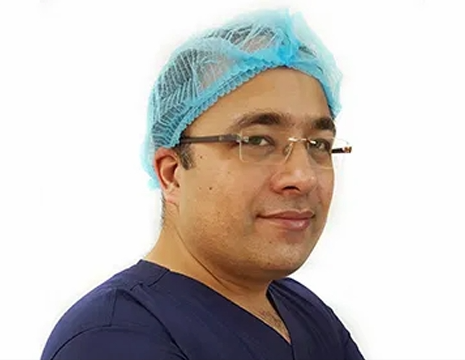Glaucoma
Glaucoma is a group of eye diseases that can cause vision loss and
blindness by damaging a nerve in the back of your eye called the optic nerve. The symptoms can start so slowly that you may not notice them. The only way to find out if you have glaucoma is to get a comprehensive dilated eye exam. There’s no cure for glaucoma, but early treatment can often stop the damage and protect your vision.

types
There are many different types of glaucoma, but the most common type in the United States is called open-angle glaucoma — that’s what most people mean
when they talk about glaucoma. Other types are less common, like angle closure glaucoma and congenital glaucoma.

causes
Scientists aren’t sure what causes the most common types of glaucoma, but many people with glaucoma have high eye pressure — and treatments that
lower eye pressure help to slow the disease.
Symptoms
The symptoms of glaucoma depend on the type and stage of your condition.
Open-angle glaucoma
- No symptoms in early stages
- Gradually, patchy blind spots in your side vision. Side vision also is known as peripheral vision
- In later stages, difficulty seeing things in your central vision
Acute angle-closure glaucoma
- Severe headache
- Severe eye pain
- Nausea or vomiting
- Blurred vision
Halos or colored rings around lights - Eye redness
treatment for glaucoma?
Doctors use different types of treatment for glaucoma, including medicines (usually eye drops), laser treatment, and surgery. If you have glaucoma, it’s important to start treatment right away. Treatment won’t undo any damage to your vision, but it can stop it from getting worse.
● Medicines. Prescription eye drops are the most common treatment. They lower the pressure in your eye and prevent damage to your optic nerve.
● Laser treatment. To lower your eye pressure, doctors can use lasers to help the fluid drain out of your eye. It’s a simple procedure that your doctor can do in the office.
Surgery. If medicines and laser treatment don’t work, your doctor might suggest surgery. There are several different types of surgery that can help the fluid drain out of your eye.
Note:
It’s imperative to consult with a healthcare professional before opting for any medical procedure to thoroughly understand the potential risks and benefits. Specs Removal Procedures







